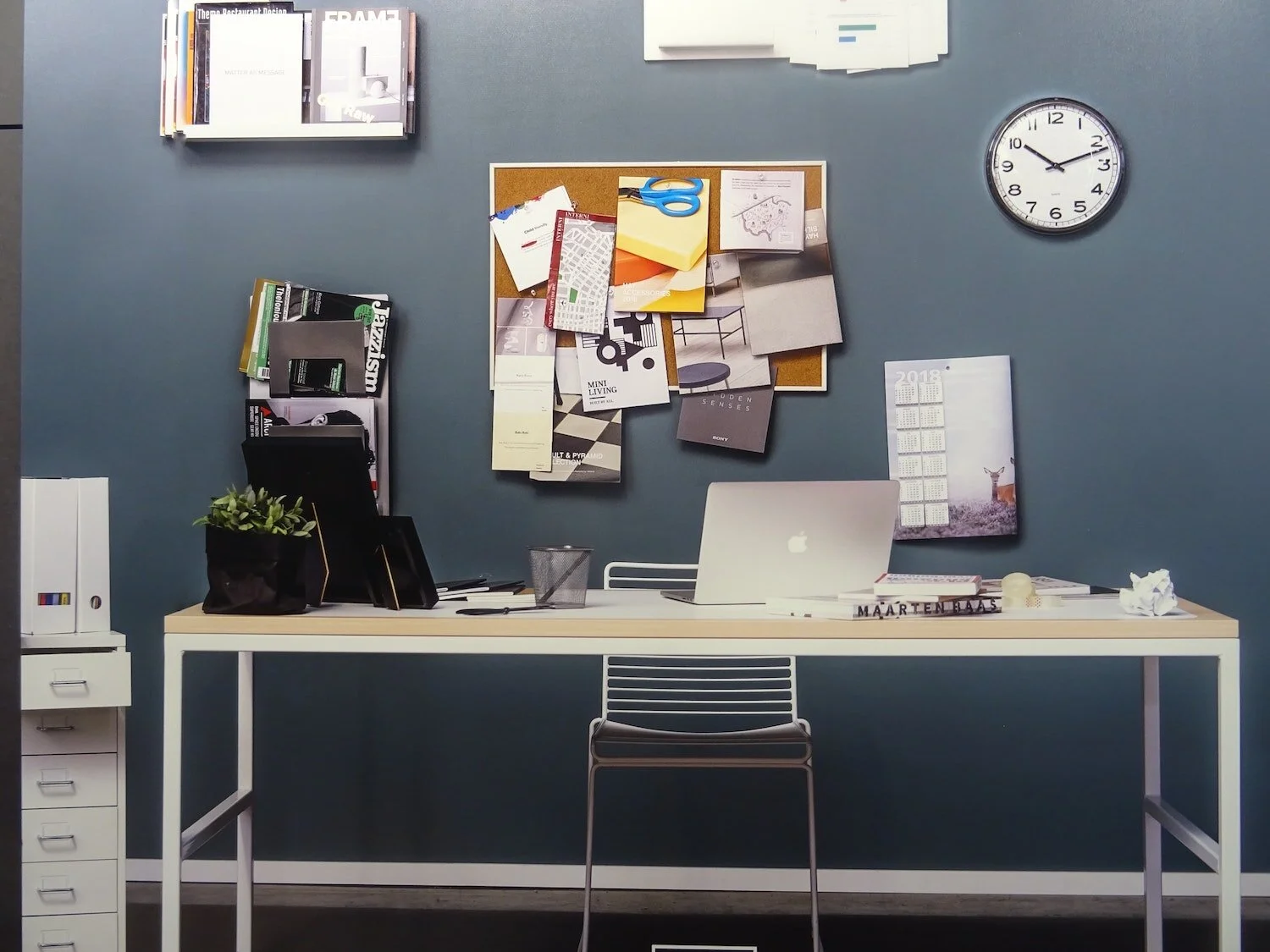My sister calls me while I’m packing up my bag to leave work last Thursday. I answered thinking I could talk as packing is a mindless activity. But as soon as she asks how I am I realize I made a mistake. I can’t multitask. And studies show I’m really not alone.
If you’re like me and find that paying full attention means you can only do one thing, I’m offering an idea for how to make your life better.
Stop trying to multitask.
Easier said than done. But why?
To stop multitasking we need to say “no” more often than many of us people-pleasers can bear. I need to tell my sister, “hang on, I know packing a bag sounds mindless activity but I’ve got to focus and call you back later.” It’s a version of “no,” of setting boundaries. While that’s not an easy thing to do, I think it’s a helpful framework for thinking about how we make improvements in our lives. Instead of addressing the stress and incompleteness of tasks that don’t get properly done because we’re multitasking, we can move further upstream with where the problem starts—protecting our time, setting our boundaries, being assertive about where we put our attention.
Fortunately for me, I got to practice that boundary setting with my sister—someone who’s supportive of me being aware of where my attention is and redirecting it based on my needs. Find those people and start experimenting with your assertiveness. As your confidence grows, these healthy tendencies will spill into your work and you’ll find yourself single-tasking it and being more mindful about what you’re working on.
For the non-multitaskers in a world that favors multitasking, you can stop trying to conform. Instead put your energy into raising your awareness of your needs and vocalizing your boundaries. That’s the place that’s good for us. That’s the place where we’ll produce our best work.

